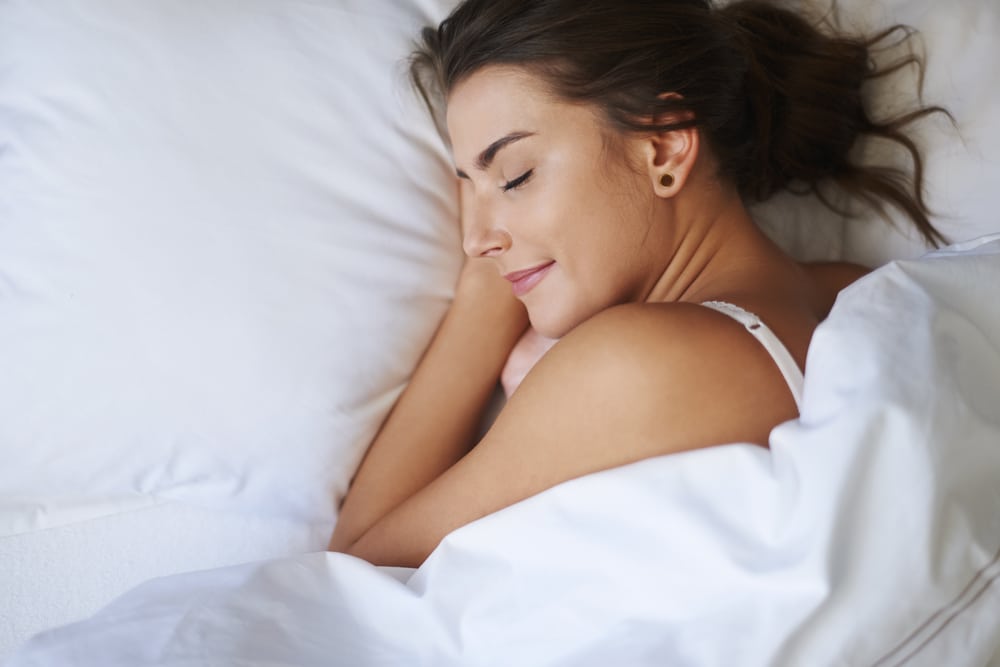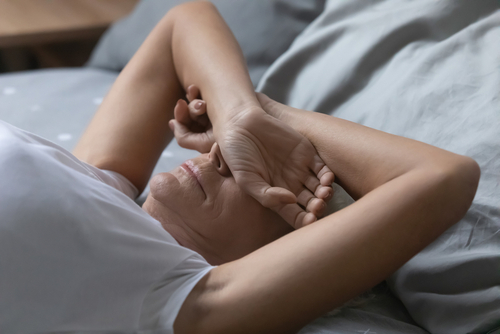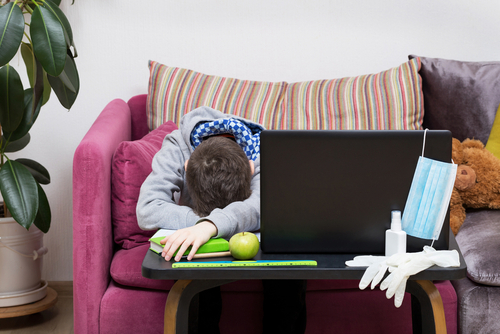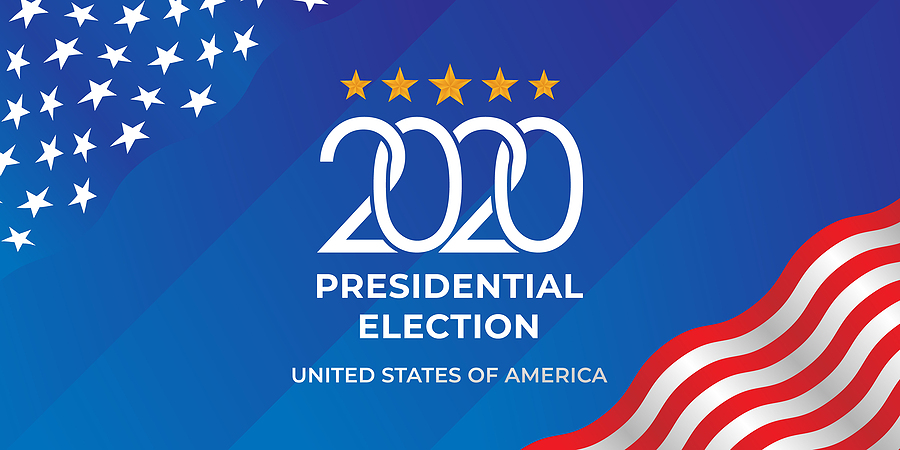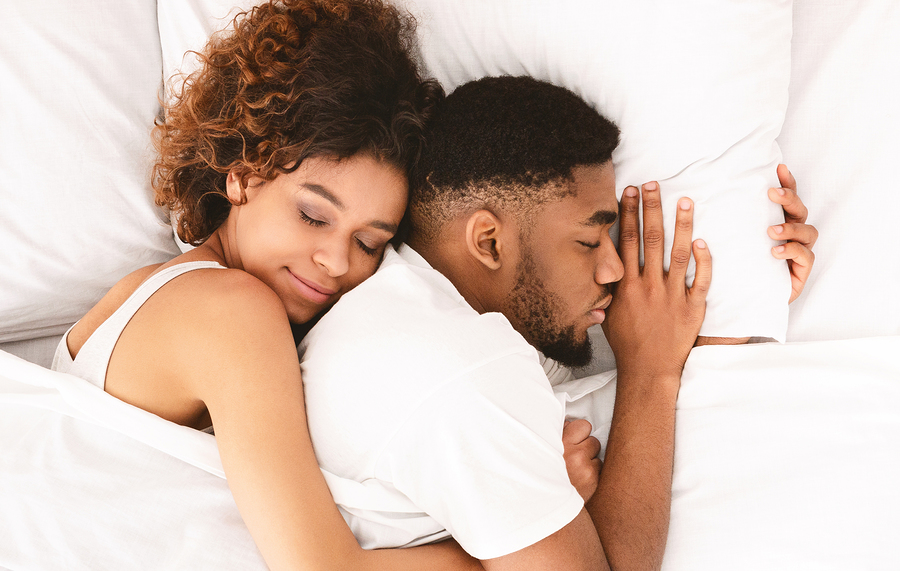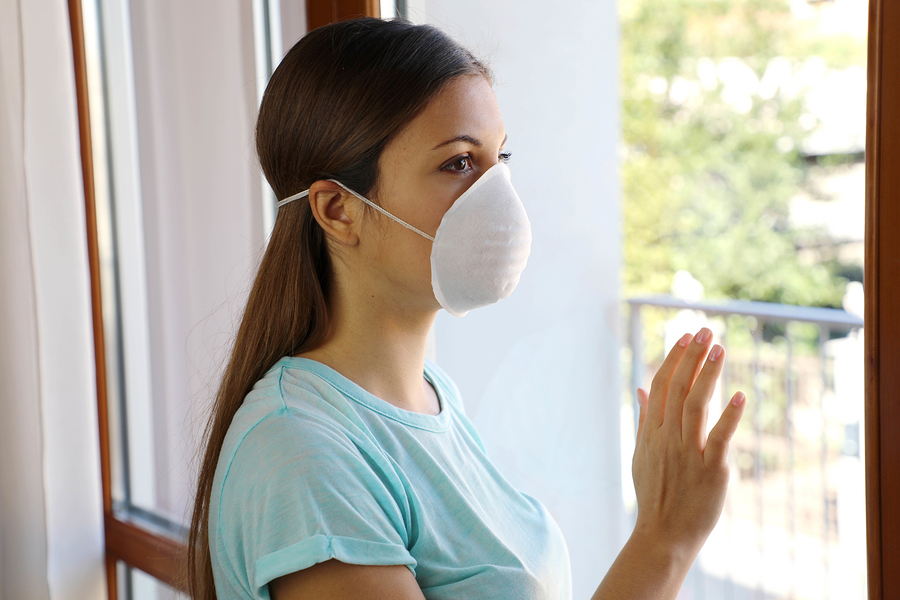Recent research has shown our worst sleep inhibiting habits: burning the midnight oil at work, our obsession with social media and lots of caffeine. We’ve traded our healthy, regular circadian rhythms for irregular bedtimes, racing minds and terrible sleep habits.
In a national study by Warren Evans, the London bed and mattress specialists, it was found that over one third of people are getting less than 6 hours sleep per night, below the recommended 7-9 hours for the average adult. Outside of these recommendations, people run the risk of issues such as diabetes and heart disease. The National Sleep Foundation posted the findings of a world-class two-year study, uncovering how much sleep people need at each stage of life, in this handy and easy infographic which I highly recommend.
Ultimately we have to remember that sleep is a habit, and must be a part of a routine. Your body needs to have a consistent wake and sleep time to reap the real benefits of quality sleep, but sadly it was found that a substantial 60% of people don’t have this. As people’s days are defined by workloads, children’s routines and even just waiting to ‘feel’ tired, so are their erratic bedtimes.
All work, all play, no sleep!
One of the really concerning findings was a widespread culture of burning the candle at both ends, and therefore getting very little sleep. With an ever increasing amount of tech devices to keep us connected, both to work and play, very few of us actually get the time to really disconnect and relax (even whilst actually at work). The average work break is only 18 minutes long but 80% work an 8 hour day or longer. 61% admit to having taken work home with over 20% doing so regularly.
This culture of connectivity is invading our bedrooms, turning our sleep havens into home offices. 70% use the bedroom for activities like watching TV, working and catching up on social media and 55% admit to having kept the other half awake whilst in bed due to technology. All this over-working and continuous use of technology results in our brains being hard-wired to being in work mode and finding it very difficult to relax once we get home. Many of us have been staring at screens all day long yet we come home and get straight back on the screens.
It’s really important to give yourself regular breaks from technology and ‘work’ throughout the working day, so you train your brain to relax and regenerate. By doing so in the day, even for 10 minutes at a time, it will help you to turn off in evening and in turn, get a better night’s sleep.
Caffeinated nation
To keep up with this lifestyle, the research further found that we are increasingly reliant on caffeine, so much so that it is in our systems long after we need to start winding down. On average we drink 4.5 caffeinated drinks per day and 78% will drink caffeine too close to bedtime. It takes around 6 hours for caffeine to leave our bodies and this will affect our ability to fall asleep. Be sure to keep caffeine to before lunchtime, so it will definitely be out of your body when it’s time to wind down for the evening. Switch to herbal teas, hot lemon tea or water, and, though it may take a while to adjust, you will feel better in the long run – not only is less caffeine better for sleep, drinking herbal, lemon tea or water is better for the body.
Sadly in our instant fix lifestyle, nearly one-quarter of us reach for prescribed or over the counter sleeping pills while only 5% will use Chamomile tea and 4% Valerian on a daily basis and only 7% meditate daily, all of which can help aid sleep naturally.
Help your body clock to help you
Maintaining your natural bodyclock, otherwise known as your circadian rhythm, is paramount to ensuring your body performs at its best. With such demanding schedules, ensuring your appetite, energy, memory and brain function at performing at their peak is a necessity, so quality sleep and relaxation should be a top priority.
Read my top sleep tips for helping your mind and body wind down, and find the small changes that could have a huge impact on your health and wellbeing.


